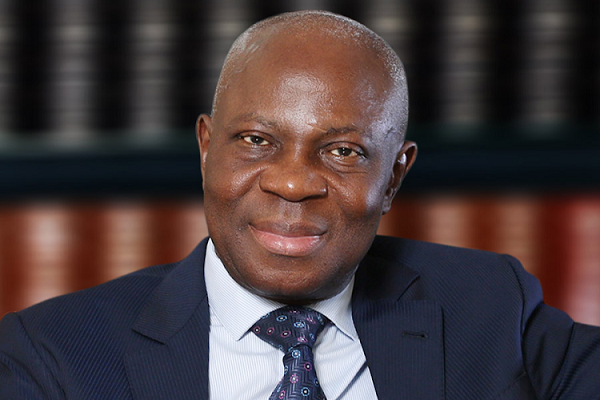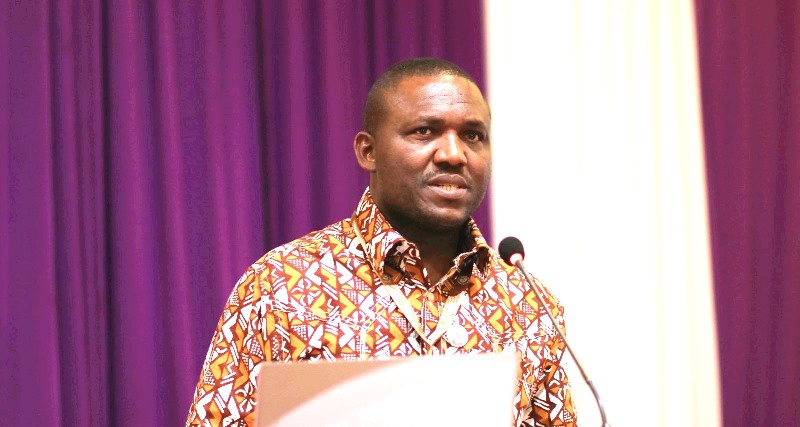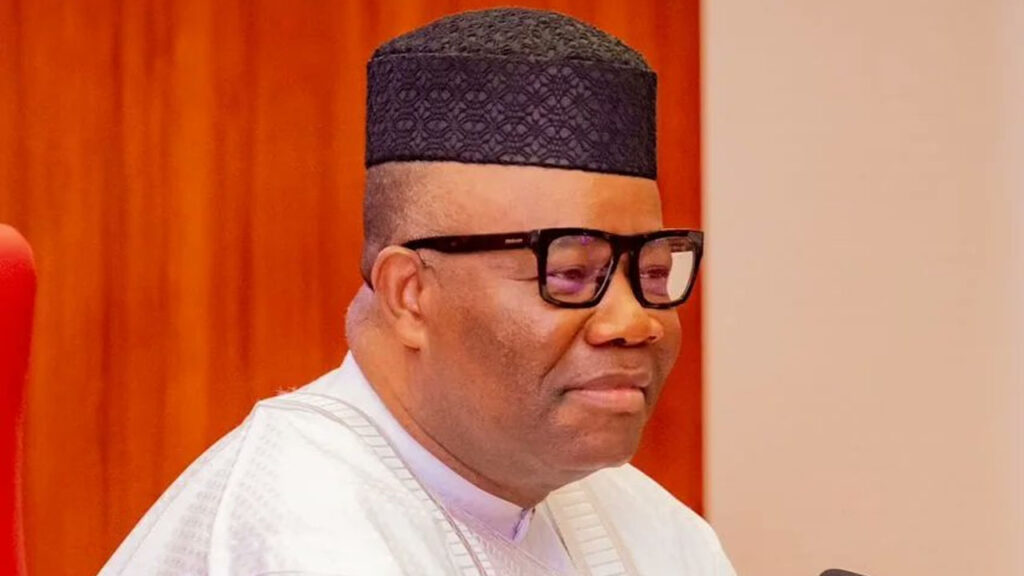
Worried about the daunting systemic and pervasive challenges that lie ahead, the International Labour Organisation (ILO) has warned of the inability of the current economic model to produce sufficient decent jobs and labour rights.
The global labour body warned that inadequate social protection, lack of sustained social dialogue, the effects of climate change and demographic shifts, are contributing to escalating inequalities globally.
Director-General of ILO, Gilbert Houngbo, said returning to a “business as usual” approach is a siren call to further crises.
According to him, it betrays the core aspirations of social, economic and environmental sustainability.
Proffering a solution, he said economies required an alternative path, one that firmly places decent work and social justice at its helm.
Houngbo spoke on ‘Advancing Decent Work and Labour Rights Globally’, in an address at the Centre for Strategic and International Studies in Washington D.C., where he said the fight for decent work and labour rights by economies was one that demands our urgent attention.
He maintained that this was not merely a contemporary catchphrase, but a principle of fair treatment, equal opportunities and decent working conditions embedded in the very constitution of the ILO, which he said declares that universal and lasting peace rests on the foundation of social justice.
He said as the world’s complexities intensify, there’s a pressing need to reassess development strategies and reorient institutions to prioritise human needs, rights and the primacy of decent work.
According to him, the fight for decent work and labour rights demands urgent attention as many parts of the world continue to grapple with significant labour market challenges marked by high informality, low productivity, insufficient job growth and inadequate systems to protect worker rights.
He lamented that globally, young people are facing the insurmountable challenge of simply finding a job, while unemployment was just the tip of the iceberg.
He stressed that unemployment figures are often masked by the prevalence of insecure and unproductive employment.
“But even worse, we are witnessing an uptick in forced labour, now estimated to be around 27.6 million people. And this is not merely a statistic; it’s a human catastrophe, with each number representing individuals deprived of their dignity and freedom. And it is important to note that this challenge is not limited to developing nations, it is a global issue.
“And we have not been able to eradicate the scourge of child labour, with 160 million children still trapped in these conditions of exploitation.
“Hundreds of millions of people face the unfortunate reality of workplace discrimination, which is amplifying disparities and eroding fundamental rights. Discrimination against women remains particularly profound, both in gaining entry to labour markets and once employed when they earn on average, 20 per cent less than their male counterparts.
“We also see fundamental freedoms being tested daily as attacks on workers’ rights proliferate, making the effective implementation of the ILO’s fundamental principles and rights at work ever more challenging.
“We see discontent growing around the world – from those risking everything in their perilous journeys to find work and create a better life, to squeezed middle classes feeling unheard. This is driving demands for leaders to agree on decisive, affirmative action toward genuine social justice,” he said.
For this to happen, Houngbo said a much greater emphasis needed to be placed on the social pillar.
According to him, gravitating around this is the concept of tripartism bringing together governments, workers and employers to address challenges through social dialogue and the ILO normative mandate.
He said: “The vision of establishing a new era of decent work and social justice within our lifetimes is not an unattainable dream. It is both feasible and mandatory if we want peace not just for our generation but for those to come. The means, policies, and instruments exist. What is required is a unified front to translate these resources into reality.
“The universal application of international labour standards should provide the benchmark for achieving decent work. This transformative journey demands leadership willing to confront decent work challenges at their core. It does necessitate conscious, concerted action toward greater equality.”













